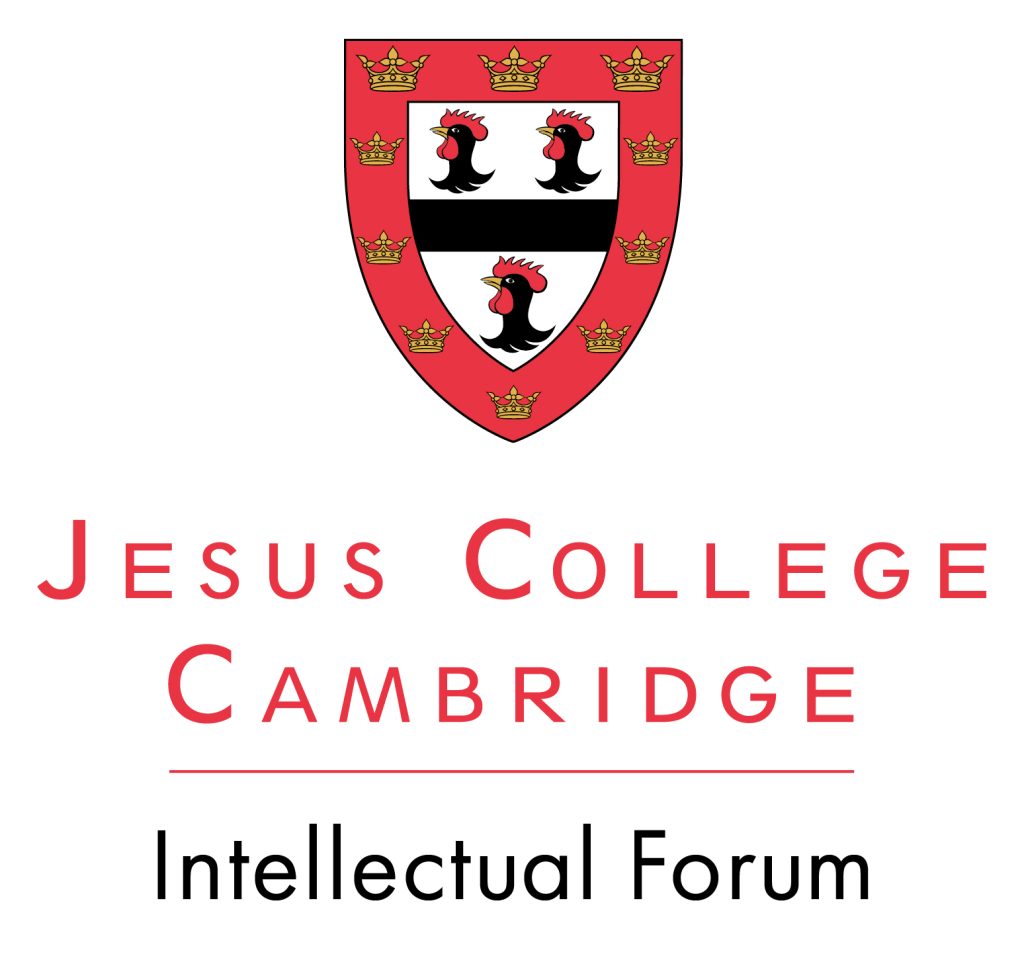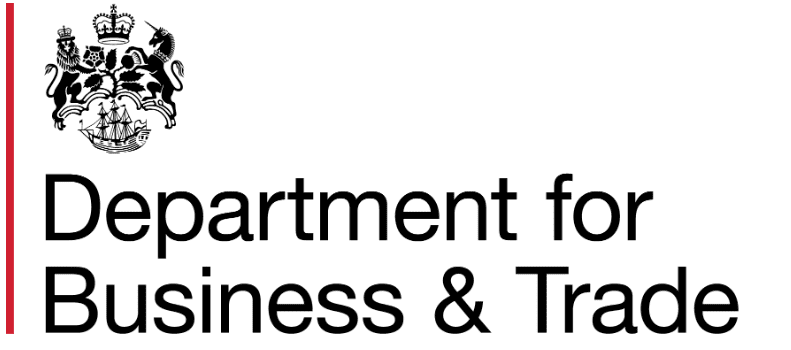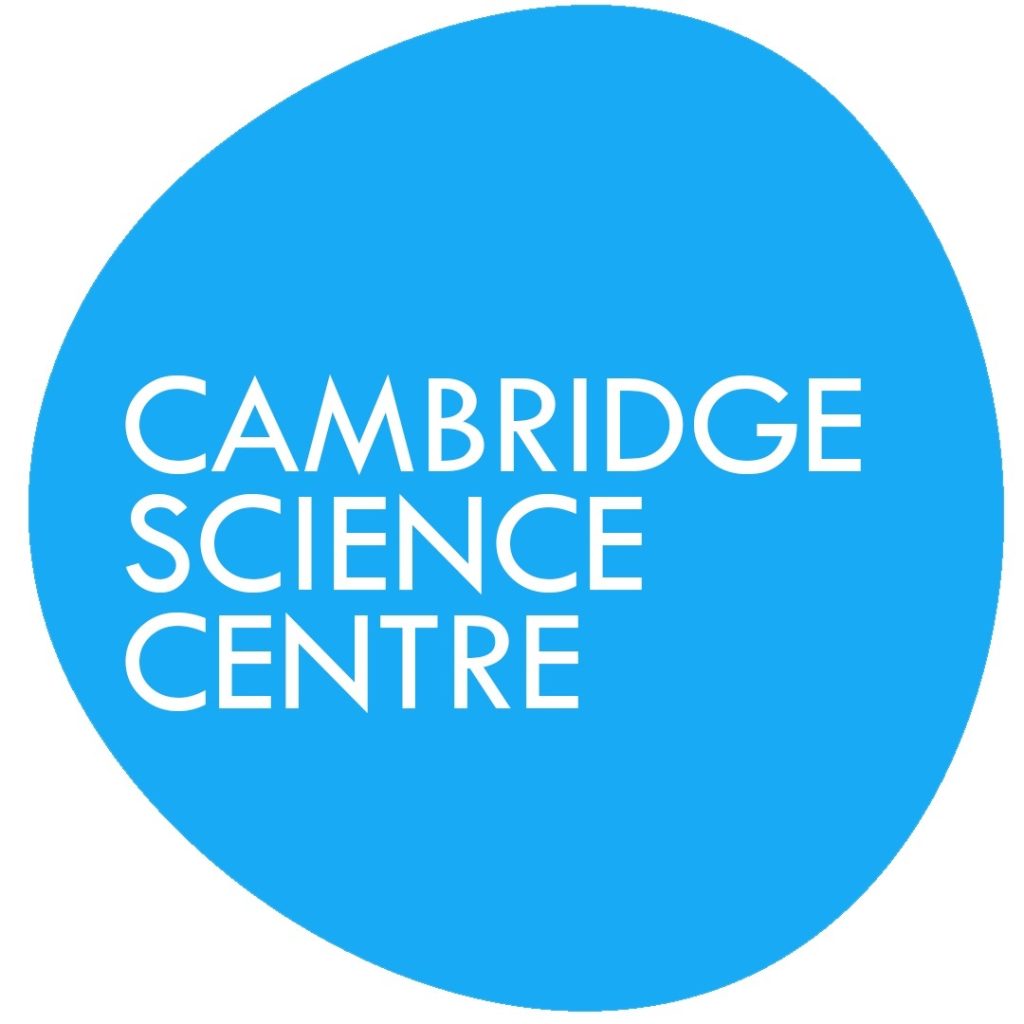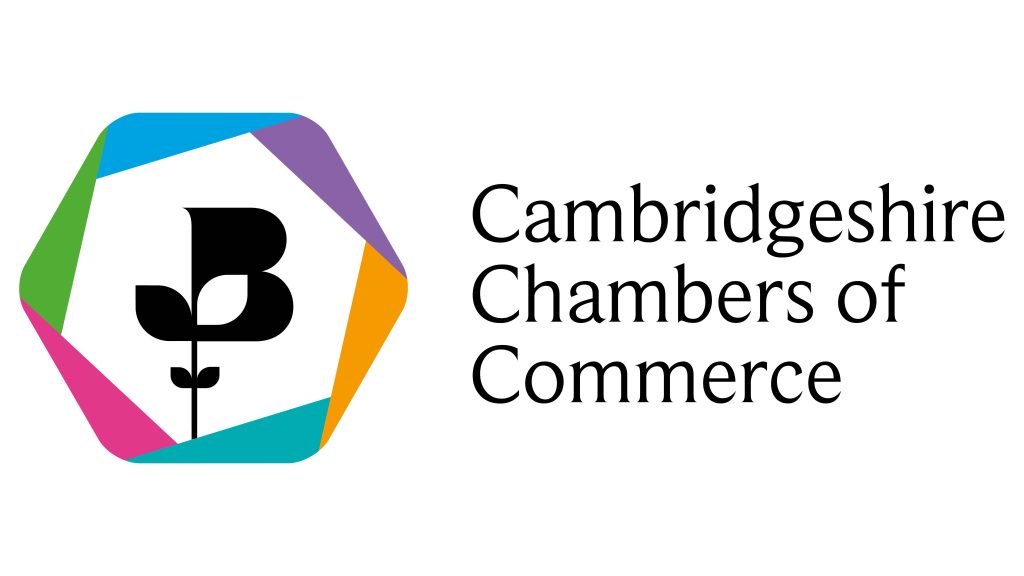Innovation. Partnership. Impact.
The University of Cambridge is a place of ambition, innovation and imagination. Through Cambridge Enterprise, University talent continues to deliver life-changing outcomes with world-changing impact.
As the innovation arm of the University, we provide the diverse support needed by researchers, entrepreneurs and talented teams tackling the challenges facing the world today. Deeply embedded in the UK’s leading innovation and entrepreneurial ecosystem, we have strong relationships with industry and investors. Our experts offer commercialisation advice and assistance including the protection, development, and licensing of ideas; help with academic consultancy services; and new company or social enterprise creation and investment.
Visit the Cambridge Enterprise Zone on the 10th September to find out more and explore the following technologies:
Advanced Bioelectronics
At Advanced Bioelectronics, our mission is to revolutionize care of neurological conditions through minimally invasive, high resolution, electrode technologies that enhance patient outcomes, making complex surgeries a thing of the past.
For patients with chronic pain, the most effective spinal neurostimulation approach, requires significant surgery. We have shown proof of concept and patented an ‘expandable’ electrode, which can be folded and unfolded, enabling minimally invasive implantation.
In the future, beyond the growing unmet need in chronic pain, we see potential for new brain computer interface applications and for treatment of other neurological conditions.
Barocal
Barocal is developing breakthrough technologies to decarbonise the cooling and heating sector, which accounts for 50% of final energy consumption globally. A spin-out from the laboratories of Professor Xavier Moya in Materials Science and Metallurgy, its innovation is based on 15 years of research at the University of Cambridge.
Barocal secured a £1.3 million investment to develop its patented material. This solid-state material can replace all greenhouse gases in the heating and cooling industry. This “barocaloric” material releases and absorbs heat at different pressures making it more efficient, easier to recycle and removes all the fugitive emissions from an industry that contributes significantly to the current greenhouse effect.
Cambridge Electric Cement
Concrete is the second most used material on earth, behind only water. Cement is the binding agent used in concrete, and its production is responsible for 8% of global CO2 emissions. Cambridge Electric Cement (CEC) has developed a technology for recycling cement from demolition waste making zero carbon cement a possibility.
In July 2024, CEC raised £2.25m pre-seed funding round to industrialise low carbon, circular cement production, having demonstrated that recovered cement is a viable substitute for the flux used in the electric arc furnaces for steelmaking. The steelmaking process is completely unaffected and virgin cement is produced.
H2Upgrade
H2Upgrade transforms no-value, problematic waste streams (dilute industrial gases and solvents) into high value, concentrated H2 and CO2. H2Upgrade is a new technology developed by Professor Stuart Scott, Dr Ewa Marek, and Abu Fasim from the University of Cambridge in collaboration with Dr Rob Grant from Gas Recovery & Recycle Limited and which promotes the Hydrogen Economy and sustainable solutions in distributed manufacturing.
The team are currently looking to collaborate with potential partners on developing this technology for commercialisation and a licencing opportunity of novel catalysts, systems and know-how in converting waste gases to high-value H2 and food-grade CO2.
Molyon
Next generation batteries which are lighter and smaller are needed to support the net-zero transition. A commercial lithium-sulfur battery based on Molyon’s innovation provides superior performance at a lower cost; boosting the performance of weight-critical applications and enabling new modes of transport like electric aviation.
Led by Dr Ismail Sami and Dr Zhuangnan Li, and supported by Dr Sai Shivareddy and Professor Manish Chhowalla, Molyon’s long-life lithium-sulfur batteries deliver twice the energy density of current lithium-ion batteries on the market, and at a fraction of the price due to more abundant materials.
Sustainable Cricket Bat
Sustainability is a key trend in sports equipment and sensitivity to sustainable sourcing and ethical supply chains is embedded in younger players. Over 300 million people worldwide regularly play cricket and the spotlight has fallen on its extensive use of traditional equipment. For example, willow remains the most popular cricket bat wood despite requiring 15 years to mature in England before shipping to South Asia for processing.
Utilising innovative materials, design and testing, Dr Darshil Shah and Ben Tinkler-Davis have therefore designed a cricket bat made of fast-growing, low-cost bamboo which replicates the performance of willow.













































